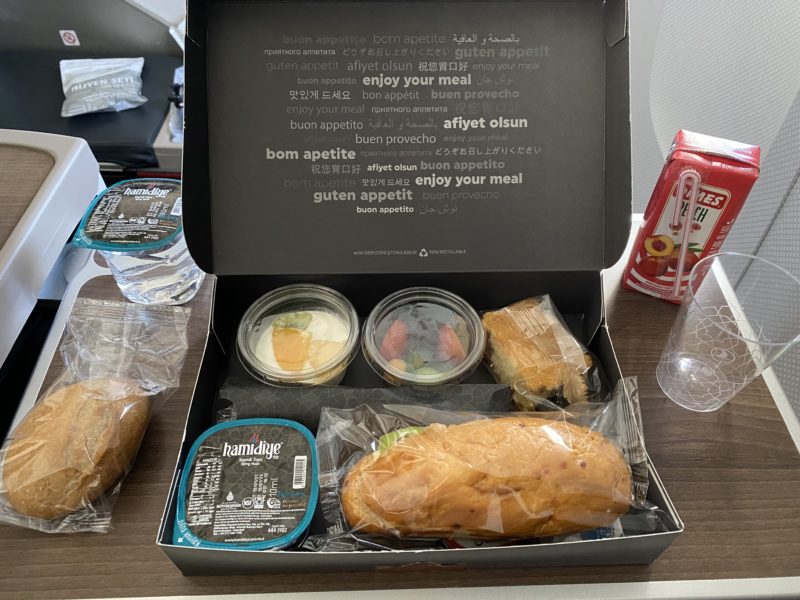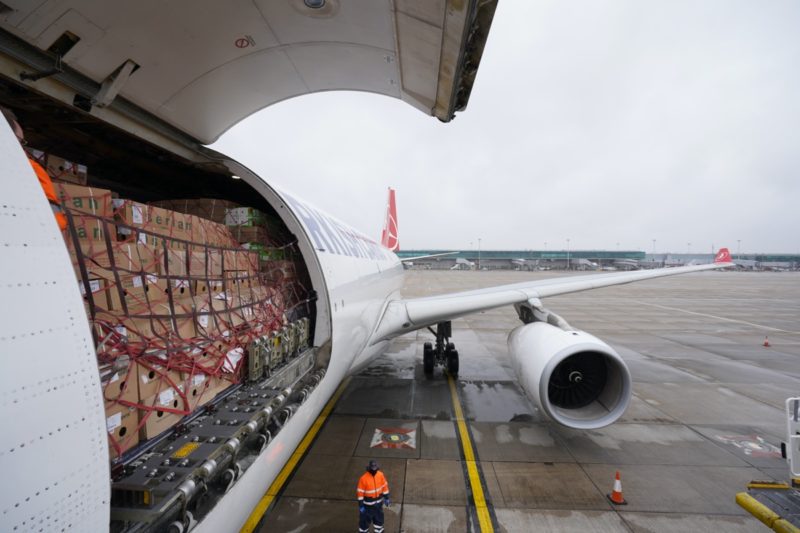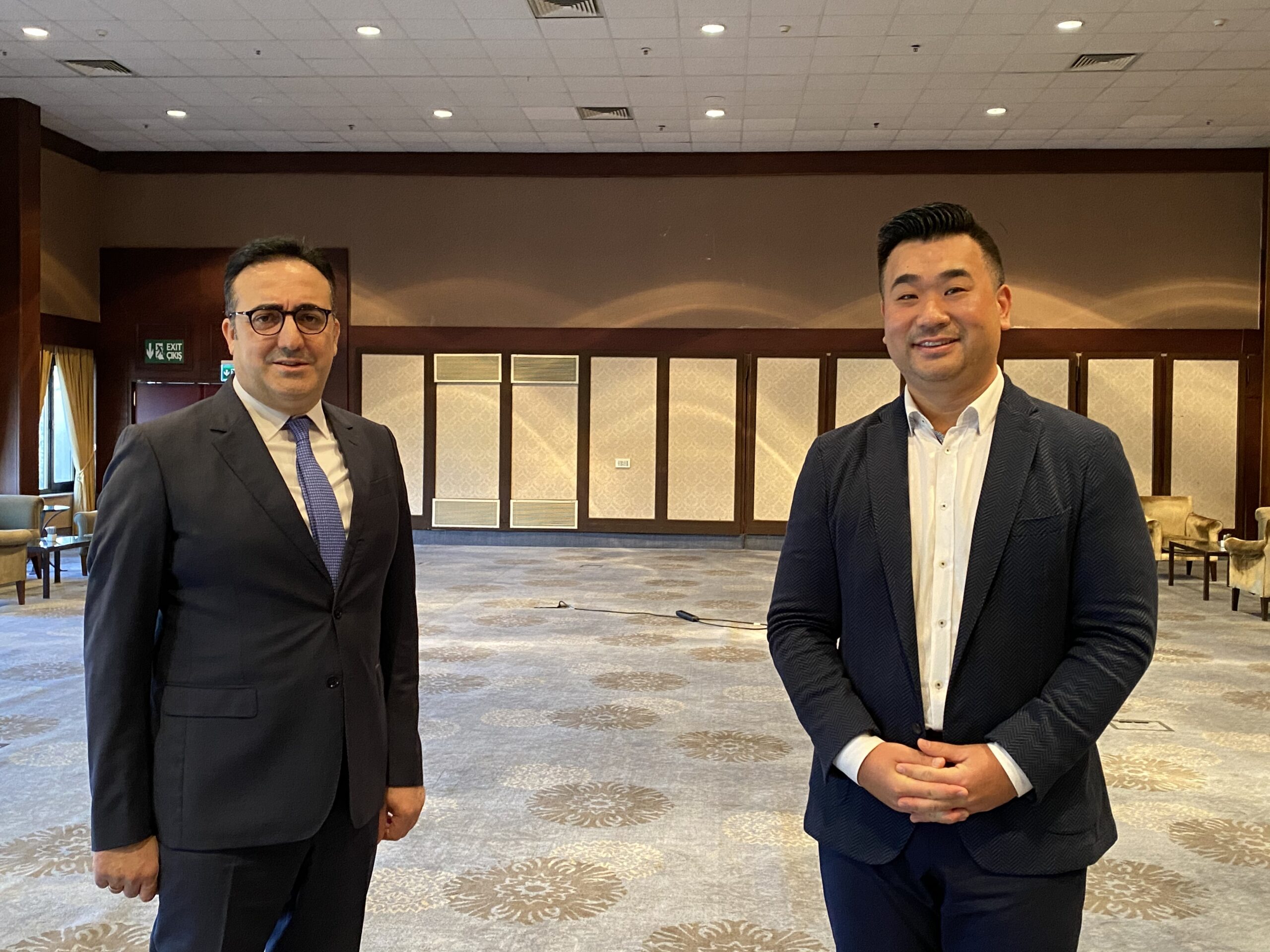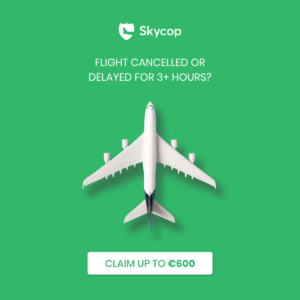Moments before hosting Cargo Talks by Turkish Airlines, I secured an exclusive one-on-one interview with Turkish Airlines Chairman of the Board and Executive Committee, İlker Aycı; this interview provided an intriguing insight into Turkish Airlines during the COVID-19 pandemic.
Just like every other airline, Turkish Airlines has had to quickly adapt to fluctuations in the market; this especially evident in the international market. Unlike many airlines, no government bailout was provided to Turkish Airlines; this meant that the airlines’ mindset had to be immediately adjusted, to cope with such uncertain times. Turkish Airlines developed plans that saw zero lay-offs. Instead staff accepted salary cuts from 0 – 50%, on a sliding scale based on the job.
How is Turkish Airlines performing during the pandemic?
Turkish Airlines is trying to adapt very quickly to the pandemic, because there are fluctuations in the market, especially internationally, causing so many inconsistent or unexpected situations.
We are trying to adapt quickly and immediately and then try to do our best to take care of our crew to take care of our passengers and our partners, that form the Turkish Airlines ecosystem.
Tell me some of the challenges you are facing as a network carrier
It’s a huge challenge for every network carrier, because instead of just changing your business model from a hub and spoke mentality, or network mentality, to point-to-point mentality, you are having to do without the network capabilities and optimisation of the network.
Capacity management, resources management and risk management are more challenging than ever. Every month, every week and every day you are making new plans or reshaping plans and adapting yourself and at the end of the day, it is very challenging because of a very inconsistent decision-making process across global regulators.
Have you received any bailout from the Government?
No, we didn’t get any bailout; we only got short term support for labour intensive jobs, which only lasted for a couple of months. We didn’t get a bailout plan or capitalisation from the government.
We had no layoffs in the company, thanks to our own turnaround plan and by having good risk management. We made salary cuts but we told our staff that we will make no layoffs during the entire pandemic, however long it takes.
Once the pandemic is over, with the decision keeping our strong staff, we will be able to offer better service and perceive the recovery quicker due to no layoffs compare to other carriers with layoffs.
Turkish Airlines Chairman of the Board and Executive Committee, İlker Aycı
When are you bringing back hot food to your flights?
We are minimising any risk with our self-packaged meals, but soon, when we have seen that things are beginning to normalise with the vaccine process, we will start to reintroduce the old-style catering and great Turkish Airlines hospitality.

On our long-haul flights, about eight hours in length, we already have 80 percent of our previous catering process back in place.
From April, we hope to re-introduce more hot meals on our international flights.
As for short-haul flights, Turkish Airlines plans to remain cautious; but we hope vaccination and continued efforts to curb the spread of the virus could see onboard service make a strong comeback.
For now, healthcare and wellbeing of our passengers and crew still remains the priority for our passengers and crew.
You converted lots of freighters. Tell me about the cargo side of things.
I don’t like having sleeping beauties (on the ground), especially when they are very expensive!
Because of this Turkish Airlines opted to convert 50 passenger aircraft into freighters, which they call ‘Preighters’. Operating alongside their fleet of 25 dedicated freighters, the added capacity has allowed Turkish Airlines to overtake their competitors. As of February 2021 Turkish Airlines’ cargo market share sits at 5 percent, meaning 1 in 20 cargo movements are handled by Turkish Airlines.
The positive cargo expansion has lead to Turkish Airlines eyeing a place in the global top three for air freight operations, as well as developing Turkish Cargo into a subsidiary rather than a sub-brand.

How many vaccines are travelling through your Istanbul cargo hub?
Turkish Airlines is the only airline board member of TIACA (The International Air Cargo Association) and, by August 2020, TIACA and Pharma.Aero came together and built Project Sunray.
The Sunrays Project is the global collaboration platform of the vaccine producers, with all the air logistics suppliers such as airlines, air cargo operators, airports, active container producers and freight forwarders.
All these came up with additional whitepapers (reports) continuously updating the community about higher standards and smooth flow of vaccines, from where they are produced to where they are consumed.
In fact, Turkish Cargo has roughly s 7.5 percent market share in pharmaceutical transportation – worldwide market share. This makes us one of the top three in terms of cold chill transport.
Our capacity over night is 40 million doses, so if we receive 40 million doses from several different producers overnight we can deliver all to 127 different countries overnight.
Unfortunately, right now our capacity is even more than vaccine producers can supply so far; but they are ramping up and we expect that the amount of production of existing approved vaccines, plus new vaccines, will continue to increase.




